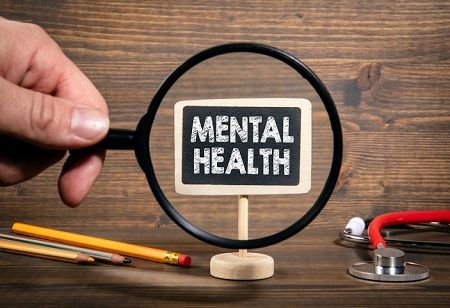The Department of Education is exploring ways to improve its mental health initiatives in the K-12 curriculum by incorporating a learning model focused on emotional and social skills essential for Filipino students as they prepare for their future careers. Known as the Filipino Social and Emotional Learning (SEL) competency framework, this model was developed by ChildFund Philippines, an NGO.
“The SEL framework will serve as a blueprint right now in terms of not only the curricular aspect but also the support services rendered to schools. More so now that we are rapidly expanding our mental health program intended to address not only bullying, which is only a small issue in the greater discussion of mental health”, Education Assistant Secretary Dexter Galban explained in an interview.
According to Marlene Floresca, an education specialist at ChildFund, the SEL framework outlines essential social and emotional skills that every student needs to achieve their life aspirations. She emphasized that the framework underscores the importance of developing values such as "pagpapakatao" (humanity) and "pakikipagkapwa-tao" (fellowship) to nurture children who are confident and trusting of themselves and others.
Floresca outlined six core SEL competencies that students can enhance to develop themselves: "pagkilala sa sarili" (self-awareness), "pamamahala sa sarili" (self-management), "pagiging responsable" (responsibility), "pagsisikap" (diligence), "pakikisama" (interpersonal skills), and "pagmamalasakit" (compassion).
In developing that model, ChildFund interviewed K-12 and Alternative Learning System students in six areas—Metro Manila and the provinces of Apayao, Negros Occidental, North Cotabato, Sulu and Tawi-Tawi. For that endeavor, the NGO partnered with the education advocacy group Southeast Asian Ministers of Education Organization-Regional Center for Educational Innovation and Technology (Seameo-Innotech). Former Education Secretary Leonor Briones, director of Seameo-Innotech, cited bullying as among the mental health issues that students and teachers need to address.
In the school year 2022-2023, DepEd recorded a total of 7,742 cases of bullying, primarily involving physical bullying. Other forms included social bullying (1,742 cases), cyberbullying (1,137 cases), and gender-based bullying (590 cases). A recent study conducted by De La Salle University and the Second Congressional Commission on Education (Edcom 2) found that bullying among students was more prevalent in public schools with larger class sizes and students from economically disadvantaged backgrounds.
The study identified the regions of Caraga and Mimaropa as “bullying hot spots” or those with the highest incidence of bullying in the country. The Programme for International Student Assessment, in its 2022 study, showed that one out of three Filipino students encountered bullying at least once a week. It said that by gender, 43 percent of female students and 53 percent of male students experienced bullying several times a month.
Galban highlighted the urgency of addressing the bullying issue, noting observations from a recent career expo organized by DepEd where he observed that most employers are now prioritizing emotional skills promoted by the SEL framework. He stressed that students coming from diverse socioeconomic backgrounds and receiving varying levels of support can benefit from the SEL model to acquire crucial skills as they enter the job market upon completing the K-12 program.

